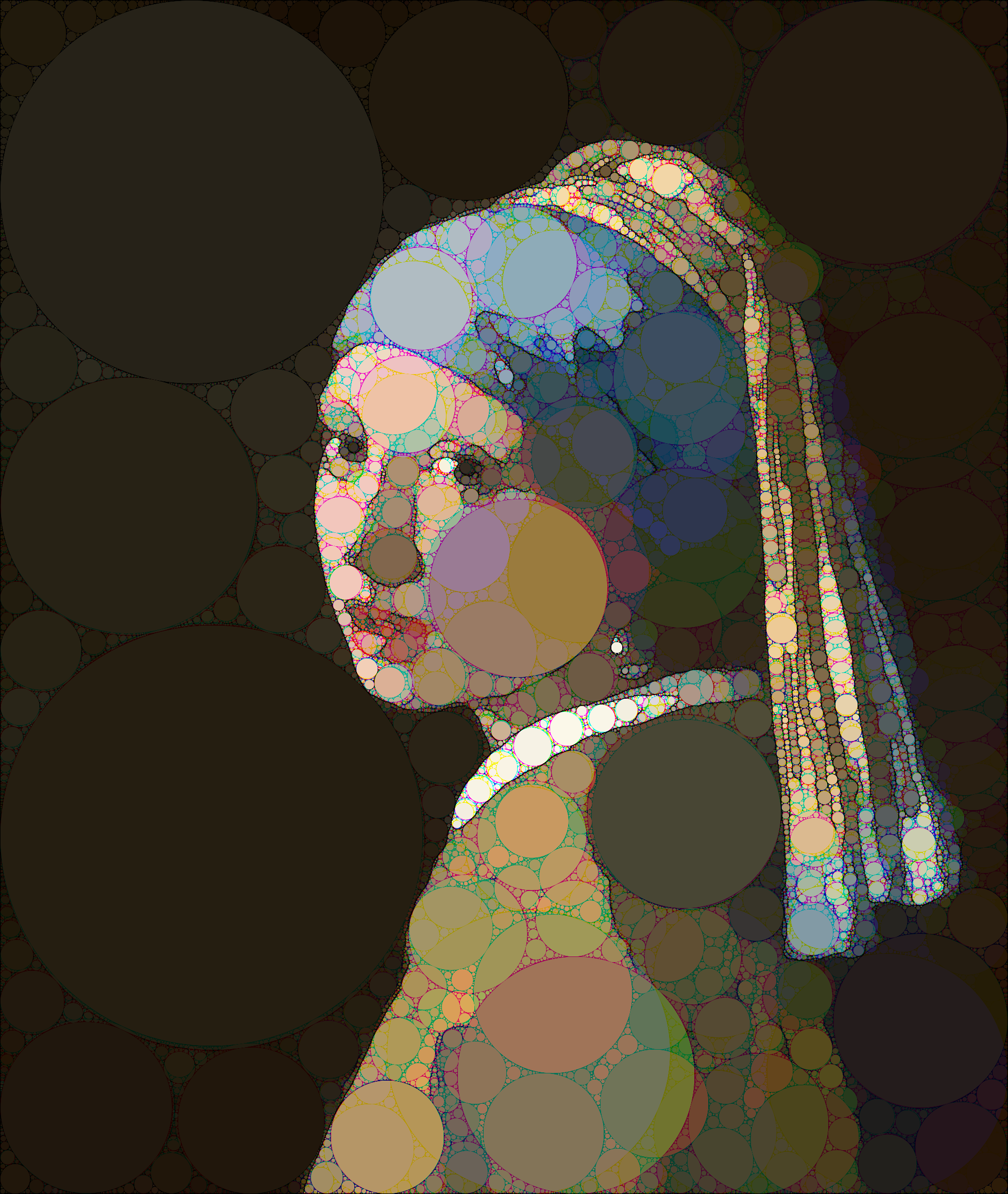matlab 😈 because I love figuring out how to vectorize code! I've used it for various art projects (see below) and it manipulates images beautifully. and the documentation and error messages are easy to follow.

A loosely moderated place to ask open-ended questions
If your post meets the following criteria, it's welcome here!
Looking for support?
Looking for a community?
~Icon~ ~by~ ~@Double_A@discuss.tchncs.de~
matlab 😈 because I love figuring out how to vectorize code! I've used it for various art projects (see below) and it manipulates images beautifully. and the documentation and error messages are easy to follow.

I'm probably the black sheep here, but I love Kotlin. It has the best parts of strong typed, object oriented languages and functional languages. Though I feel like it being designed to be bytecode compatible with Java really limits its applications. Even though they have a scripting language version of it, it really doesn't perform well as a scripting language because you need to compile it. I find myself always using Python for scripts instead.
I like R because most everything is vectorized out of the box, and you can subset multiple ways. You can do stuff like
a = c(1,2,3,4)
a - 1 # 0,1,2,3
a < 3 # T,T,F,F
a + a # 2,4,6,8
a[a < 3] # 1,2
Also map (“apply” functions in R) is implemented very intuitively, and R discourages you from doing anything object oriented.
Can't believe I scrolled all the way down and didn't find Scala. It's the only language with decent traction that beautifully and elegantly combines functional programming and object oriented programming. Scala makes it such that the language does not limit you into a certain paradigm. You can translate your algorithm in your mind into code regardless of how you thought of it. Incredibly flexible where you need it to be.
Currently Zig. It really is "better C", and i like C.
Otherwise it would be Erlang, but it does not suit what i want to do now.
Perl. I can use it after awhile away without having to look up how to do things. It adapts to the best style for what I need to do.
No one else said it… I like Java, and more than the language all the tools available around it. They have been adding to the language to cut down on the traditional verboseness, and it can even natively compile now** some of the time.
The tools are also great, with Springboot for web services and jOOQ for databases, you can very quickly have a web app with strong typed database objects.
Kotlin: compatible with Java, JS, Wasm, Swift and even C++, ability to share code across all those platforms, way less verbose than Java, lots of useful functions in the standard library... I still don't understand why some people are saying it's just Java but worse
Scala. Multiparadigm. A touch of OO is nice in the functional world.
Clojure. I not only get to use a functional language but also get to use all the libraries written for an actually popular language (Java, or JS for ClojureScript). Altough I'd choose something else if functional programming should ever catch on.
R. The Rstudio ide is awesome and the data wrangling packages are unmatched. It's also pretty fast as long as your dataset fits in your RAM.
HTML 4, cause I leaned it in 1998 when I was 10 and it's the only language I know (besides English) .
I try to stay language agnostic but if I'm honest JavaScript is my favorite because of the speed it provides. Also I like to build we based things so it's always in the stack
Julia.
I haven't programmed anything for years and it was all self learned so I'll always have a soft spot for delphi.